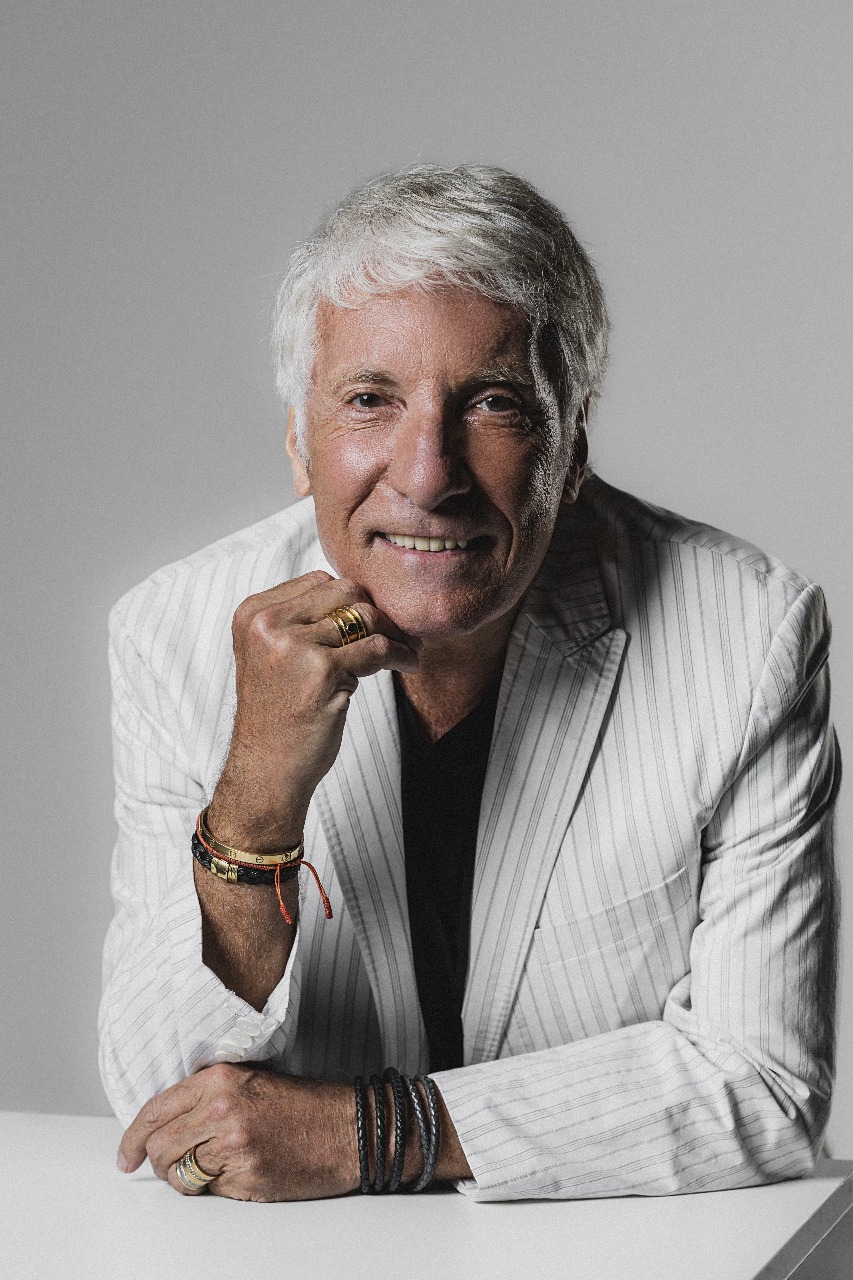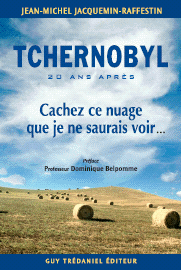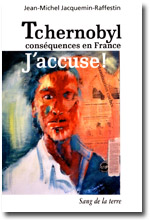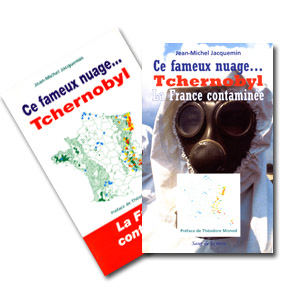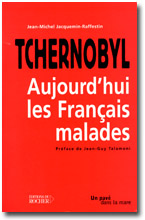FUKUSHIMA Zittern und Stupor Nach
Expiré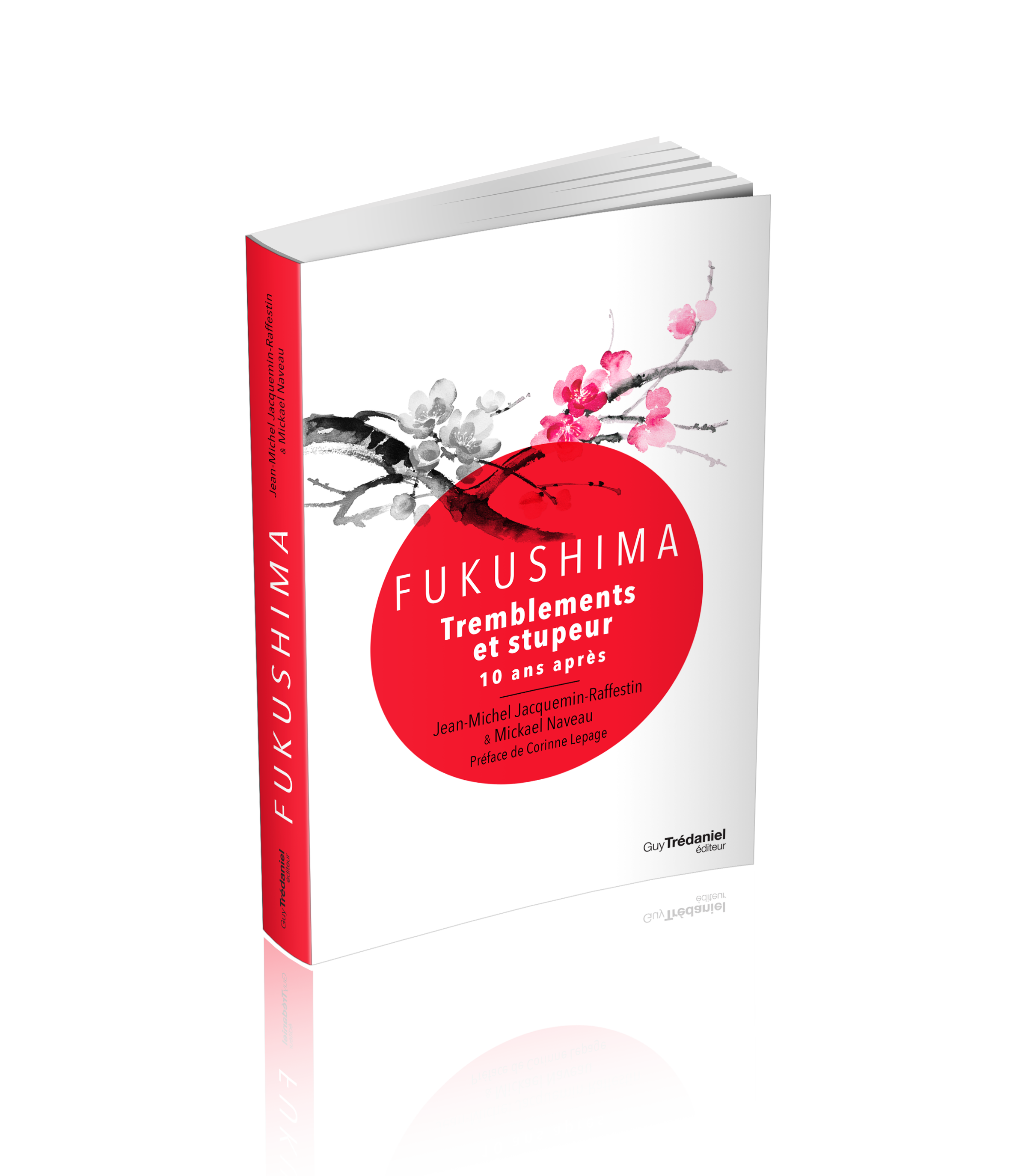
FUKUSHIMA
Zittern und Stupor Nach
10 Jahren
Jean-Michel JACQUEMIN-RAFFESTIN & Mickael NAVEAU
Vorwort von Corinne LEPAGE
Dieses Buch, das Ergebnis von sechs Jahren Arbeit und Forschung, prangert eine staatliche Lüge an und präsentiert eine neue Beleuchtung, eine echte gesundheitliche und ökologische Bilanz unseres Planeten.
Am 11/3, So nennen die Japaner jetzt die Katastrophe von Fukushima, einen Namen, den sie nicht mehr hören wollen. Es war am 11. März 2011 um 14.46:23 Uhr Ortszeit, als Japan sein schrecklichstes Erdbebender Stärke 9 auf der Richterskala erlebte.
Dieses Erdbeben, das bereits das Kernkraftwerk Fukushima Dai-Ichi beschädigen wird, verursacht einen Tsunami mit einer hohen Welle von mehr als 30 Metern am Anfang und 15 Metern am Ziel, der 600 km Küste verwüsten und bis zu 10 Kilometer landeinwärts durchdringen wird. Dieser Tsunami verursachte die größte zivile Atomkatastrophe aller Zeiten. Ernsthafter als Tschernobyl, wird es auf der INES-Skala auf Platz 7 stehen.
Die Anlage in Fukushima Dai-Ichi befindet sich im Herzen der Katastrophe. Ohne Strom gibt es keine Kühlung der Reaktorkerne. Die Herzen der Reaktoren 1, 2 und 3 schmelzen und das Corium durchdringt die Schutztanks, alle flüchtigen radioaktiven Produkte entweichen. Die Bevölkerung wird zuerst für 10 km evakuiert, dann am nächsten Tag für 30 km. Die Lehren von Tschernobyl haben keinen Zweck erfüllt. Wir dürfen die Bevölkerung nicht in Panik versetzen.
Die japanische Mentalität macht einen solchen Unfall unmöglich, daher ist nichts geplant, Mitarbeiter und Manager treffen nicht die richtigen Entscheidungen, weil sie nicht darüber informiert sind, was zu tun ist. In den folgenden Tagen explodieren mehrere Gebäude. Radioaktivität breitet sich regelmäßig durch die Luft und in das Wasser aus, das in den Pazifik fließt. Jede Woche zeigen neue technische Probleme, neue Lecks, dass nichts unter Kontrolle ist.
Heute, 10 Jahre später, Es gibt eine sehr starke Kontamination von Böden, Pflanzen, Reis und Tieren am Boden wie im Pazifik:
- Boden aus einem Park in Tokio, der in die USA gebracht und analysiert wurde, wurde als Atommüll eingestuft
- California Cabernet wurde auf Spuren von Cäsium aus Fukushima untersucht.
- Vor Kalifornien gefangene Fische wie Hongkong sind mit Cäsium kontaminiert. Normales radioaktives Jod-131 ist im Klärschlamm immer noch enthalten, obwohl seine Lebensdauer 8 Tage beträgt. Er hätte nach 10 Wochen verschwinden sollen.
Damit der Staat keine Entschädigung mehr zahlen kann, müssen die vertriebenen Bevölkerungsgruppen zurückkehren, um auf stark kontaminiertem Land zu leben. Bei Kindern wurden Hunderte von Schilddrüsenkrebserkrankungen festgestellt, die schließlich von den Behörden anerkannt wurden.
Japan musste alle seine Kernreaktoren schließen, von denen einige nie wieder in Betrieb genommen werden. Es wurde jedoch beschlossen, den Reaktor Nr. 1 der Sendai-Anlage zum Jahrestag von Hiroshima im August 2015 neu zu starten. Die Nr. 2 wurde am 15. Oktober 2015 neu gestartet, andere folgten, 9 wurden zu diesem Zeitpunkt neu gestartet.
Jean-Michel Jacquemin-Raffestin ist Journalist, Tschernobyl-Spezialist und Autor von Tschernobyl – Cachez ce nuage que http://www.jeanmicheljacquemin.com/ Infos Contact Presse 320 pages - 15 x 22 cm – Prix : 19,90 € Marie-Hélène Doré - 00 33 6 60 404 104
ZUSAMMENFASSUNG Préface Le Japon I. Fukushima, l’accident II. Les problèmes ne sont jamais terminés III. Chronique de fermetures annoncées IV. Les liquidateurs, kamikazes V. Les conséquences écologiques et sanitaires au Japon VI. Les effets sanitaires sur la population VII. Les risques que nous encourons VIII. Les responsabilités IX. Conclusions X. Le tsunami Témoignage de Mickaël Naveau Chapitre 1. Tremblements & tsunami Chapitre II. Stupeur Chapitre 3. Hésitations Chapitre 4. Attente Chapitre 5. Décisions ANNEXE I Lexique atomique ANNEXE II La mainmise du lobby nucléaire sur les organismes internationaux ANNEXE III Conséquences sanitaires Sources Remerciements Ich konnte nicht vom selben Verlag veröffentlicht sehen. Nachdem er die Ermittlungen fast acht Jahre lang durchgeführt hatte, um die Ursachen und Folgen dieser Tragödie zu ermitteln, leitete er eine weitere Untersuchung der Katastrophe von Fukushima ein
